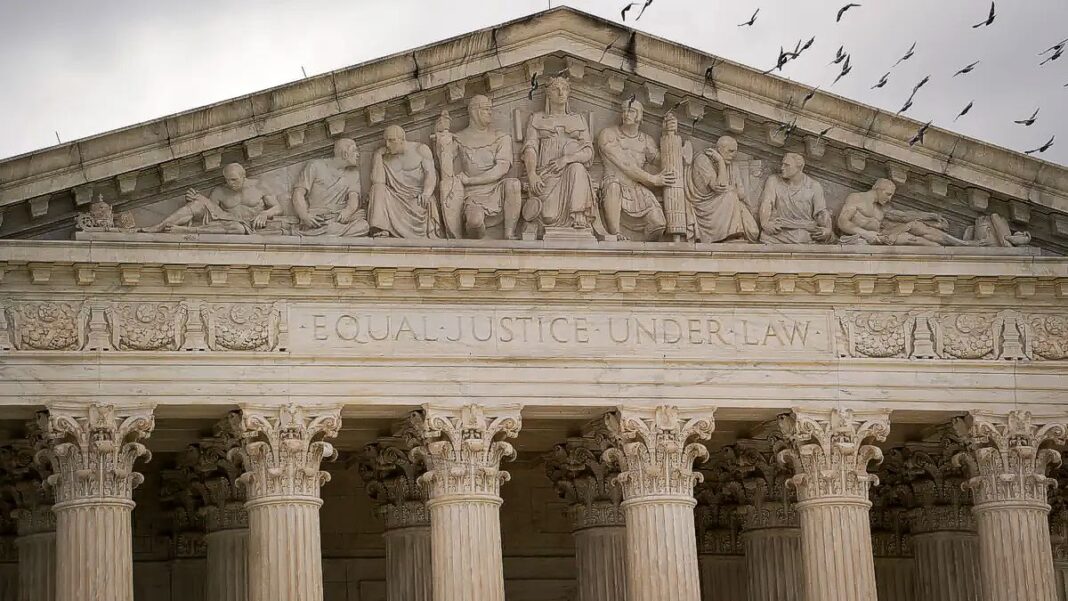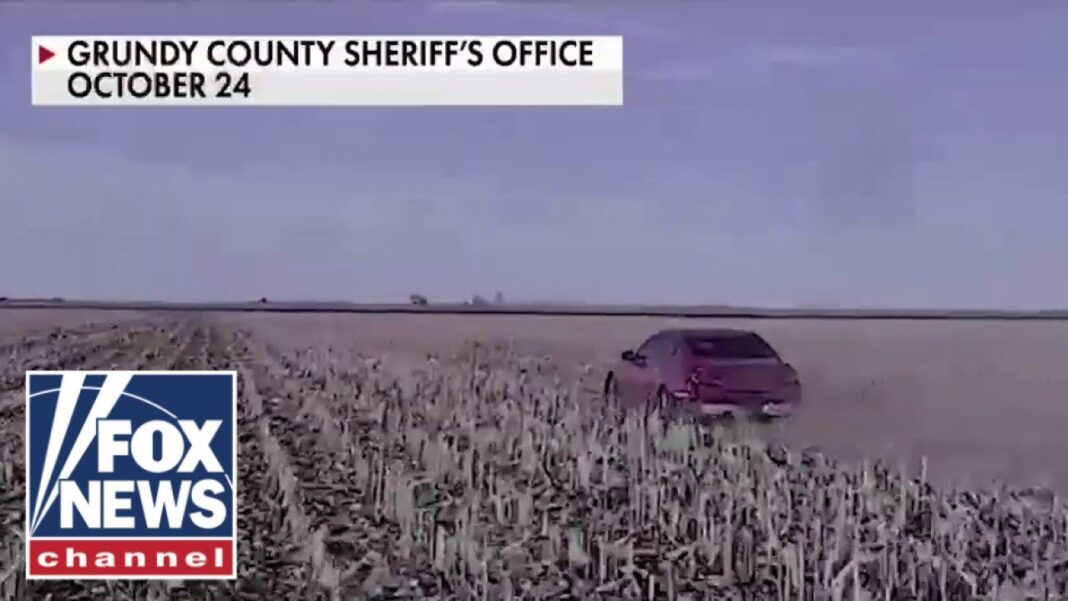The justices rejected the company’s argument that the False Claims Act did not apply to the case.
The U.S. Supreme Court ruled unanimously that a whistleblower’s fraud lawsuit against a Wisconsin telecommunications company for allegedly overcharging schools for internet services may move forward.
Justice Elena Kagan wrote the court’s 9–0 opinion in Wisconsin Bell Inc. v. United States ex rel. Heath, which was issued on Feb. 21.
Wisconsin Bell argued the lawsuit could not proceed because no government funds were involved, but the justices disagreed, holding that some government funds were involved, and that this meant the whistleblower may proceed with his lawsuit in the lower courts.
The lawsuit concerned the application of the federal False Claims Act (FCA). Sometimes called the Lincoln Law, the FCA was enacted in 1863 to address defense contractor fraud during the Civil War. Under the statute, anyone who knowingly files false claims with the government is liable for triple damages plus a $2,000 penalty for each false claim.
In addition, the law allows individuals and non-governmental organizations to sue in federal courts on behalf of the U.S. government in what is called a “qui tam” claim. Those whistleblowers who report fraud that causes a financial loss to the government may be awarded between 15 percent and 30 percent of the sum the government recovers.
Whistleblower Todd Heath, an auditor, sued under the FCA on behalf of the federal government, alleging that petitioner Wisconsin Bell, a subsidiary of AT&T, misused funds under the E-Rate program.
Short for Education-Rate, the program assists schools and libraries in procuring affordable broadband, according to the Federal Communications Commission (FCC). The program is run by the Universal Service Administrative Company (USAC) under the FCC’s direction. The USAC is a congressionally created, private, not-for-profit corporation that is overseen by the FCC.
For providing internet services to schools and libraries, telecom companies get reimbursed through the Universal Services Fund (USF). The USF is funded by a tax on telephone service and is administered by the USAC. The tax is collected through line-item charges that appear on monthly telephone bills. Schools, school districts, and libraries are allowed to apply individually or as a group for a subsidy in the form of a discount for services.







